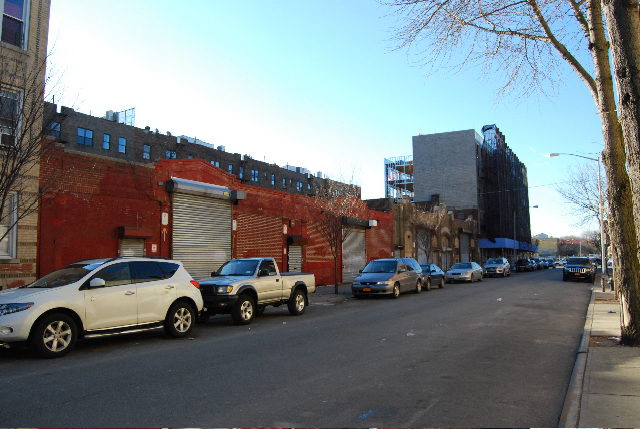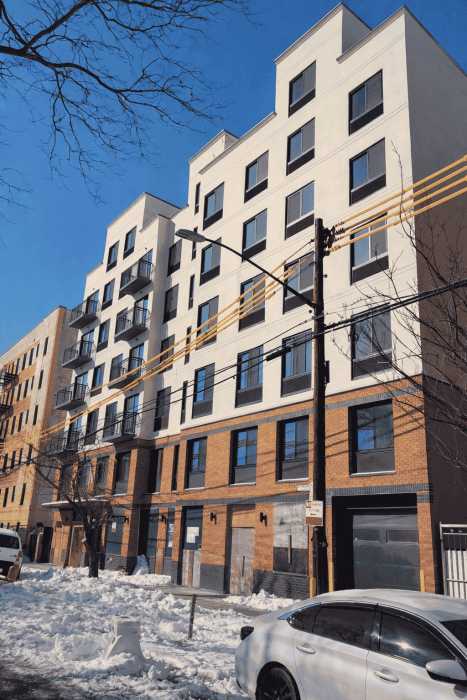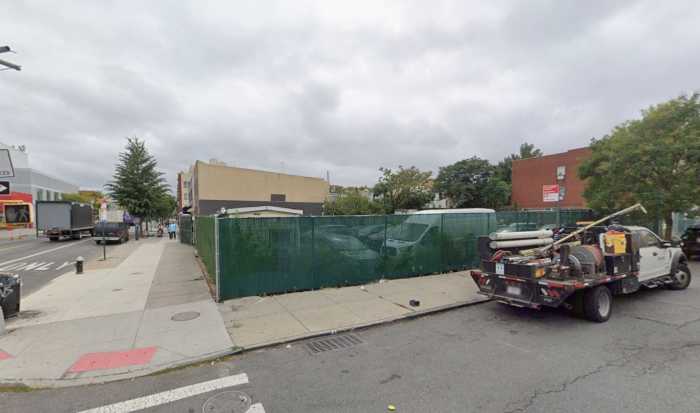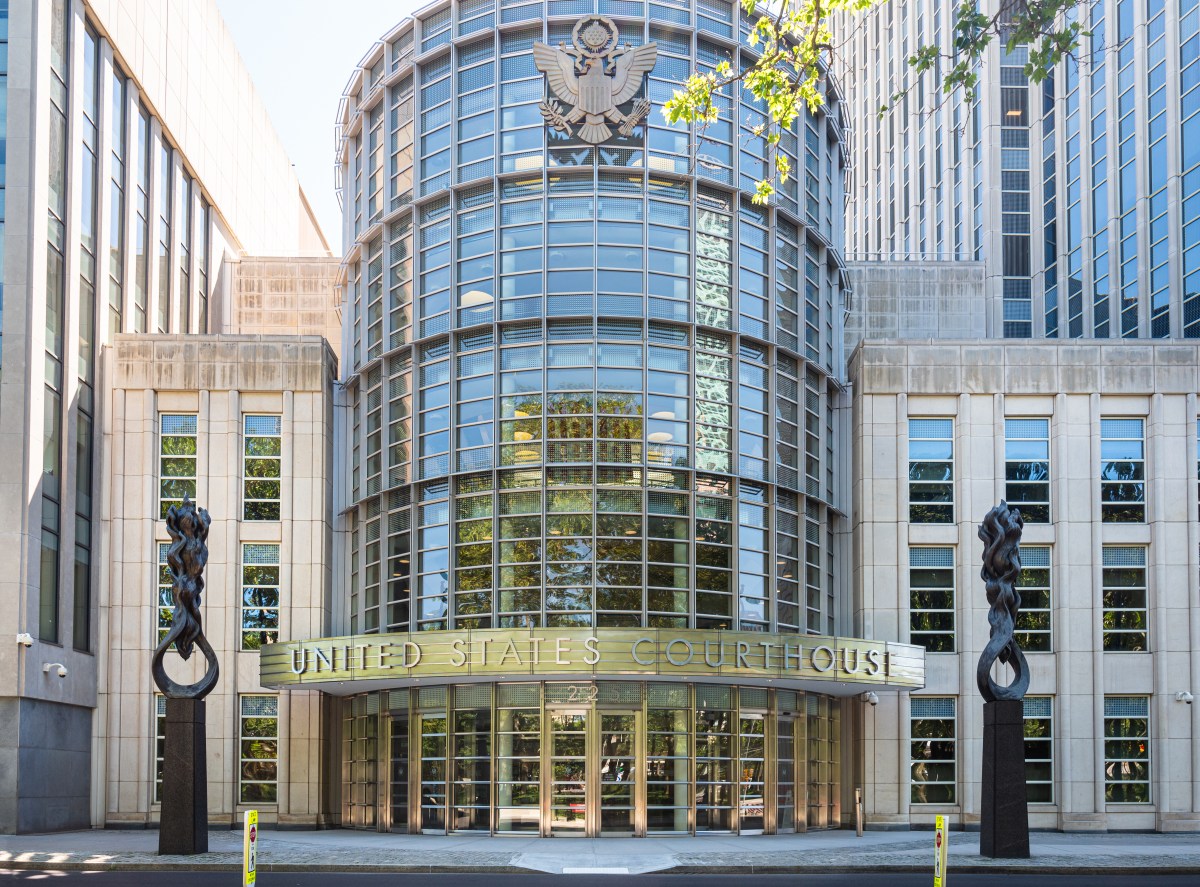Builders planning to erect a seven-story apartment house on a former Ridgewood knitting mill site are set to move forward with an environmental cleanup, according to the state Department of Environmental Conservation (DEC).
The cleanup focuses on 1632-1641 Madison St., formerly Philru Knitting Mills, where Essex Capital plans to develop a 90-unit apartment building. The action is moving forward under the DEC’s Brownfield Cleanup Program. Essex Capital’s holding company, 1614 Madison Partners LLC, will perform the cleanup under DEC oversight.
The cleanup action for the site includes Track 1 cleanup, which would allow unrestricted use of the site. The existing buildings would be demolished and an underground gasoline storage and any associated contaminated soil would be removed.
Additionally, crews will remove two feet of soil from the tetrahloroethylene “hot spot” area beneath the existing building slab on Lot 14 and dispose of it off-site; excavate two feet of soil from the rest of the building footprint beneath the slab of both lots; and collect “endpoint” samples after the initial excavation to evaluate the effectiveness of the cleanup.
If the DEC determines after the initial phase that further action is needed, crews will install a composite cover system consisting of a concrete building slab and/or two feet of soil meeting the soil cleanup objectives; a Site Management Plan for long-term maintenance of the engineering controls; and an Environmental Easement filed against the site to ensure the implementation of the Site Management Plan and allowing the use and development of the controlled property for restricted-residential use.
When the NYSDEC is satisfied with the cleanup process, they will approve a Final Engineering Report and issue a Certificate of Completion. After receiving the Certificate of Completion, 1614 Madison Partners LLC and Essex Capital Partners will be allowed to redevelop the site as they see fit. They would also have no liability to the state for contamination at the site, subject to certain condition, as well as be eligible for tax credits to offset the costs of the cleanup process and redevelopment of the site.
RECOMMENDED STORIES
- Ridgewood and Bushwick featured at first QNS Real Estate Conference
- CB 5 committees pan Cross Harbor Tunnel plans
- Ridgewood may soon be home to a full-scale brewery


































